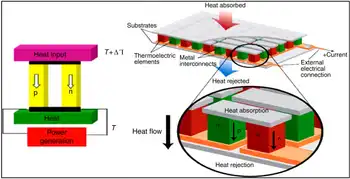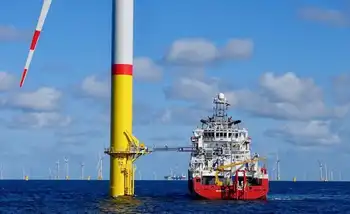Plan to ship generators placed on hold
Spokesman John Peevers says the company’s shipment plan has been put on hold — it is not canceled — and Bruce Power’s goal remains to ship the decommissioned, school bus-sized vessels to a recycling plant in Sweden.
“We remain convinced and believe that this is the right thing to do and recycling these steam generators is going to reduce our environmental footprint, but we recognize there is still questions out there and we want to make sure that everybody has a chance to have their questions answered,” he said in an interview.
Bruce Power announced in March it would delay its shipment plan “to allow for further discussions with First Nations, Metis and others seeking additional information.”
Peevers said the withdrawal of nuclear power plant’s application to American authorities is “in keeping” with its announcement to delay the shipments until the company completes consultations with “groups that continue to have questions” about the transportation plan.
“We didn’t think it made sense or demonstrated good faith to be proceeding with the regulatory process at the same time as we’re answering questions and engaging with these groups, so we’ve just put it on hold until we have a better idea on when we might ship,” he said.
Peevers said it is “hard to say” whether or not the shipments will still go ahead this year. A transport licence, granted to Bruce Power in February by the Canadian Nuclear Safety Commission, is valid for only one year.
“We’re not trying to put a hard deadline on any of these conversations. We’re going to continue to talk as long as it takes and if it doesn’t happen this year, we always have the option of reapplying,” he said.
More than 60 non-governmental organizations, including the Sierra Club and Great Lakes United, have called for a halt to Bruce PowerÂ’s shipment plan pending a full environmental assessment.
Critics say they fear the plan will set a dangerous precedent for shipping nuclear waste through the Great Lakes and have raised concerns about potential threats to human health and the environment.
Peevers said Bruce Power is engaged in ongoing “face-to-face discussions with people who have questions or are asking for more information” on the plan.
Bruce Power wants to truck the generators, which it says weigh about 100 tonnes apiece and contain four grams of low-level radioactive material, from its nuclear power complex near Tiverton, Ont., to Owen Sound, where they will be loaded onto a ship and carried through the Great Lakes — on both the Canadian and American sides — and the St. Lawrence Seaway across the Atlantic to Sweden.
The Canadian Environmental Law Association and the Sierra Club of Canada have filed two applications in Federal Court seeking a judicial review of the CNSC approval.
Related News

A new approach finds materials that can turn waste heat into electricity
LONDON - The need to transition to clean energy is apparent, urgent and inescapable. We must limit Earth’s rising temperature to within 1.5 C to avoid the worst effects of climate change — an especially daunting challenge in the face of the steadily increasing global demand for energy.
Part of the answer is using energy more efficiently. More than 72 per cent of all energy produced worldwide is lost in the form of heat. For example, the engine in a car uses only about 30 per cent of the gasoline it burns to move the car. The remainder is dissipated as…





